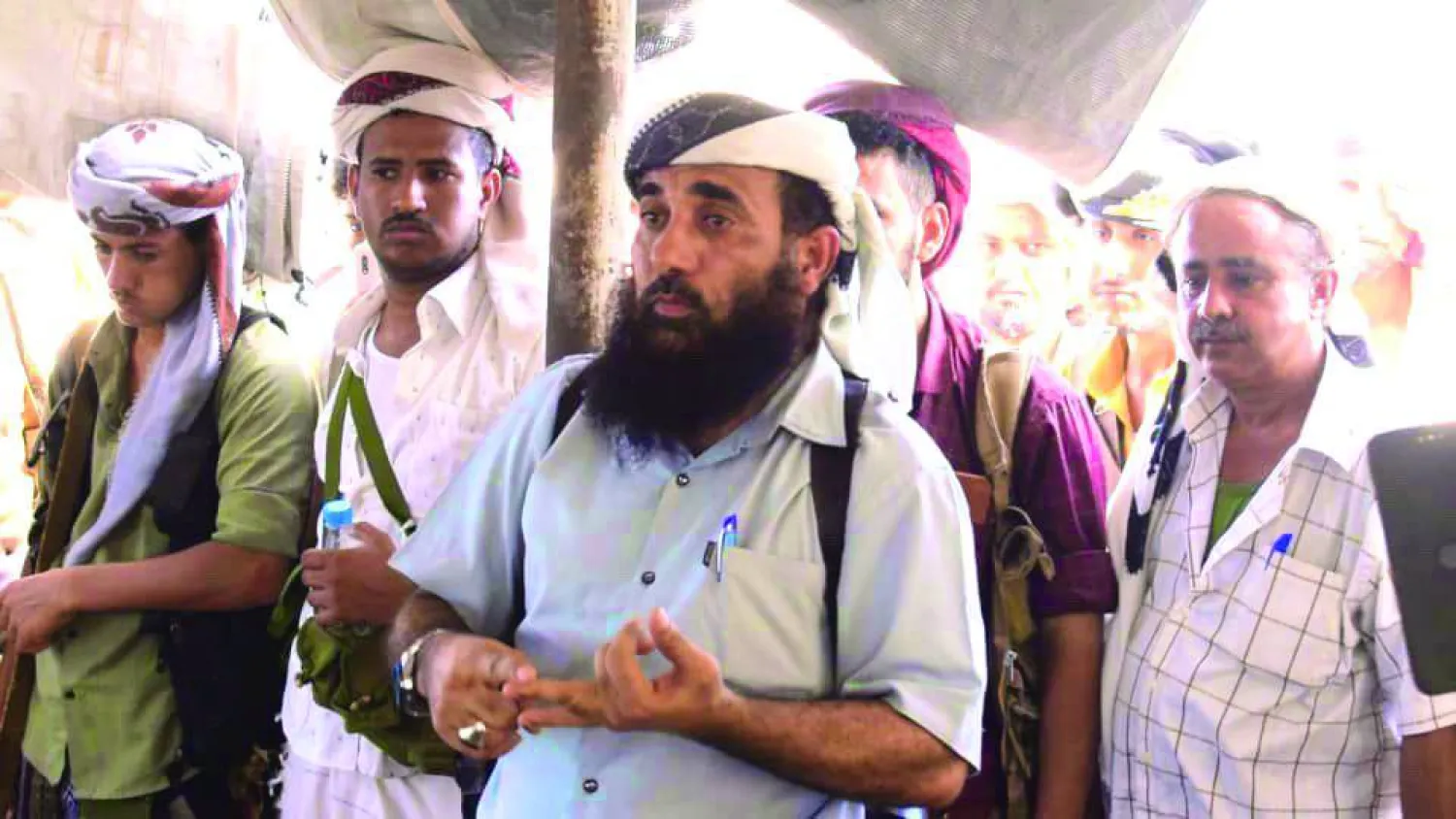At least 93 Palestinians were killed or missing and dozens wounded in an Israeli strike on a residential building in the northern Gaza town of Beit Lahia on Tuesday, the Gaza health ministry said, and the US called the incident "horrifying".
Medics said at least 20 children were among the dead.
"A number of victims are still under the rubble and on the roads, and ambulance and civil defense crews cannot reach them," the territory's health ministry said in a statement.
Later on Tuesday, Ismail Al-Thawabta, director of the Gaza government media office, put the number of fatalities at 93.
There was no immediate Israeli comment. The Israeli military has frequently questioned figures on death toll published by the Hamas-run media office, saying they were often exaggerated.
Israel's main ally the United States said it was concerned by the high casualty toll, with State Department spokesperson Matthew Miller calling it a "horrifying incident with a horrifying result".
US officials have reached out to the Israeli government to ask what happened, Miller told reporters, adding he was aware of reports that many of the dead were children.
The UN Human Rights Office said it was "appalled" by one of the deadliest single attacks in nearly three months, calling for a prompt, transparent investigation into the circumstances.
Video footage obtained by Reuters showed several bodies wrapped in blankets on the ground outside a bombed four-storey building. More bodies and survivors were being retrieved from under the wreckage as neighbors rushed to help with rescue.
"There are tens of martyrs (dead) - tens of displaced people were living in this house. The house was bombed without prior warning. As you can see, martyrs are here and there, with body parts hanging on the walls," Ismail Ouaida, a witness who was helping to recover bodies, said in the video.
Later on Tuesday, Palestinian health officials said, several people were killed and wounded in an Israeli airstrike that hit three houses in Beit Lahia.
TRAPPED
On Monday, the Palestinian Civil Emergency Service said around 100,000 people were trapped in Jabalia, Beit Lahia and Beit Hanoun without medical or food supplies. Reuters could not verify the number independently.
The health ministry said on Tuesday those wounded in the Beit Lahia strike could not receive care as doctors had been forced to evacuate the nearby Kamal Adwan Hospital.
"Critical cases without intervention will succumb to their destiny and die," the ministry said in a statement.
Gaza's emergency service said its operations had come to a halt because of the three-week Israeli assault into northern Gaza. Israel says its campaign is to destroy Palestinian armed group Hamas, whose fighters had regrouped to the area in the year-long war.
Hamas' Oct. 7, 2023 attack on Israel killed 1,200 people and more than 250 hostages were captured and taken into Gaza, according to Israeli tallies.
The death toll from Israel's retaliatory air and ground onslaught in Gaza has exceeded 43,000, the Gaza health ministry said on Monday.
Gaza's war has kindled wider conflict in the Middle East, with Israel bombing Lebanon and sending forces into its south to disable Iran-backed Hezbollah, a Hamas ally.
Tuesday's strike came a day after Israel's parliament passed a law to ban the UN relief agency UNRWA from operating inside the country, alarming some of Israel's Western allies who fear it will worsen the already dire humanitarian situation in Gaza.
Israeli officials cited the involvement of a handful of the United Nations Relief and Works Agency for Palestine Refugees' thousands of staffers in the Oct. 7, 2023 attack and a few staffers' membership in Hamas and other armed groups.
UNRWA head Philippe Lazzarini described the move as "collective punishment".
It was unclear yet how the decision will impact the lives of Palestinians, especially in the Gaza Strip, where the United Nations said most of its 2.3 million people have become internally displaced since the war broke out over a year ago.









